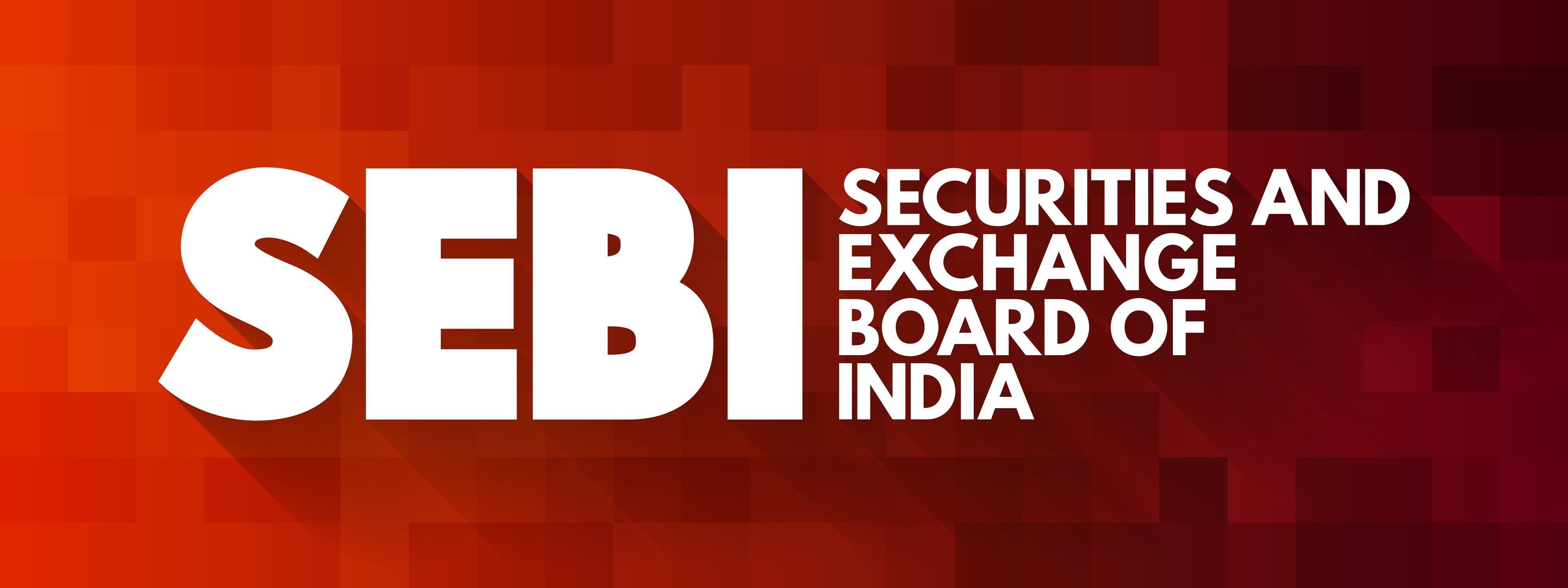
SEBI Mandates UPI Payment for Debt Securities Application
SEBI has been rigorously working to streamline the entire capital market and its efforts are not only evident but also bringing out real change in the market. While the equity market is already overwhelmed, the debt market is not way behind. With the recent amendments in the rules and methods of payment for the public issue of debt securities, the market watchdog is again in the news and this time it is the debt market.
This article will revolve around the recent announcement by SEBI about payment methods for investing in debt securities via the public issue and the same will be implemented from 1 November. So, if you are interested in the upcoming public issue of debt securities, then you need to read this article to find out the details, how this move will affect the investors, and more.
What are public issue applications for debt securities?
Debt securities in the corporate space mostly include debentures and non-convertible bonds. Similar to the public issue of equities by the companies, debt securities can also be issued for public subscription and eventually investments. However, when a company issues equity for the first time to the public then it gets listed, but, for debt securities, the company needs to be listed before it can issue debt securities.
The public issue application for debt securities is quite similar to applying for equity public issues, where the company drafts a proposal with SEBI, and on approval for the issue, they open the subscription window and the public can subscribe to the issue in the same way they subscribe for IPOs or FPOs.
SEBI's mandate on public issue for debt securities- Detailed Explanation
From the 1st of November 2024, individual investors who want to invest in debt securities through public issues must know that SEBI has recently announced certain payment-related changes for the same. Now investors investing up to ₹ 5 lakh in public issue debt securities need to use UPI for blocking the funds. This is similar to the process of IPO subscription where you need to block funds, and as per this announcement of SEBI, you need to use only UPI for doing so if you are investing up to ₹ 5 lakh.
For investments above ₹ 5 lakh in debt securities through public issues, there are other available options, which include Self-certified Syndicate Banks or any other stock exchange platform for making the payment for the subscription.
Presently, UPI is an option to make payments for debt securities subscription and blocking funds, but after the implementation of this rule of SEBI, if you are investing an amount up to ₹ 5 lakh, then you have to use UPI to do the same.
Apart from this amendment, SEBI also decreased the duration of waiting for public comments on the draft of offer documents. It was earlier 7 working days, and now from 1 November, it will be 1 working day only. That said, this rule goes for issuers whose particular securities are already listed on one or multiple stock exchanges. In the case of others, it will be 5 working days.
Another significant change is in the minimum subscription period, which has been reduced to 2 days from 3 days and in case of changes in the price band or yield, the disclosed bidding period can be increased by one working day, and not three working days.
Impact on Investors
SEBI’s move for using UPI for debt securities public issue application up to ₹ 5 lakh can–
- Streamline the entire process of public issue of debt securities whether its debentures, securitized debt instruments, municipal debt securities, non-convertible bonds, and other debt instruments.
- It can align the investors with the company issuing the debt securities.
- UPI is one of the most convenient forms of payment in today’s world, using it to block funds for debt securities purchases, will simplify the entire process for the investors.
Merits and Demerits of SEBI's new mandate on public issue applications for debt securities
Merits
- The move will simplify the payment process for individual investors
- The time required for debt securities issuance via public issue can also be reduced as UPI offers immediate transfer of money.
- Your funds will be safely blocked with your UPI and only if the debt securities are allotted, then the funds will be deducted.
- Since there are no charges, or fees for using UPI for blocking funds, your investment cost will be lower.
Demerits
- In the beginning, it can be a little confusing for the individual investors, however, with time, things will get streamlined.
- Since UPI is entirely dependent on technology, any technological error can hamper the application and payment process.
How can investors follow the new mandate?
To follow the new mandate by SEBI, the investors need to provide the details of the bank account, which is linked, to your UPI to the intermediaries. You need to mention the same in the form that is provided by the intermediaries for applying to the public issue of the debt securities. Once the intermediary places the bid, you will get the UPI notification for making the payment, and once you do, the amount will be blocked for the subscription.
Conclusion
All the measures announced by SEBI are toward making the debt security market more accessible for investors. Making UPI mandatory for individual investors, reducing the time for public comments, to reducing the subscription period, all have significance in the public issue of debt securities, which is gaining traction in the nation.










